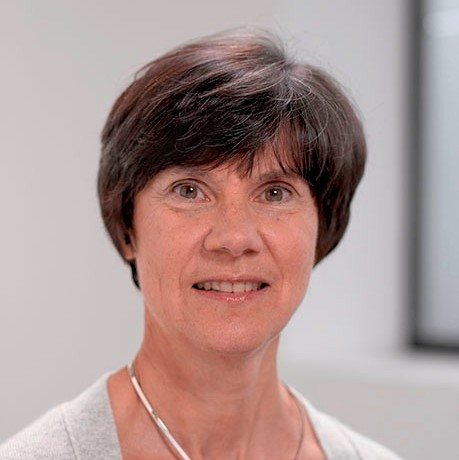
Driving with arthritis pain: Stay comfortable — and safe — behind the wheel

Daily cup of coffee may prevent afib recurrence

Gene-editing therapy lowers harmful blood fats in early study

What is EMDR therapy, and who can it help?

GLP-1 drugs versus bariatric surgery for treating obesity

Two dumbbells, three exercises, and 10 minutes

Easing the emotional burden of IBS

Modify your push-ups to meet your fitness level

What is long QT syndrome?

Stroke survivors may benefit from very low LDL levels

Helene Langevin, MD
Contributor
Dr. Langevin received an MD degree from McGill University, completed a post doctoral research fellowship in Neurochemistry at the MRC Neurochemical Pharmacology Unit in Cambridge, England, residency in Internal Medicine and fellowship in Endocrinology and Metabolism at Johns Hopkins Hospital. She is a Professor in Residence of Medicine and Director of the Osher Center for Integrative Medicine at Harvard Medical School and Brigham and Women’s Hospital. She is also a Visiting Professor of Neurological Sciences at the University of Vermont College of Medicine. Dr. Langevin has been the Principal Investigator of several NIH-funded studies investigating the role of connective tissue in low back pain and the mechanisms of acupuncture, manual and movement-based therapies. Her previous studies in humans and animal models have shown that mechanical tissue stimulation during both tissue stretch and acupuncture causes dynamic cellular responses in connective tissue. Her current work focuses on the effects of stretching on inflammation resolution mechanisms within connective tissue, and their relevance to chronic musculoskeletal pain and cancer.

Driving with arthritis pain: Stay comfortable — and safe — behind the wheel

Daily cup of coffee may prevent afib recurrence

Gene-editing therapy lowers harmful blood fats in early study

What is EMDR therapy, and who can it help?

GLP-1 drugs versus bariatric surgery for treating obesity

Two dumbbells, three exercises, and 10 minutes

Easing the emotional burden of IBS

Modify your push-ups to meet your fitness level

What is long QT syndrome?

Stroke survivors may benefit from very low LDL levels



